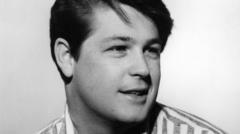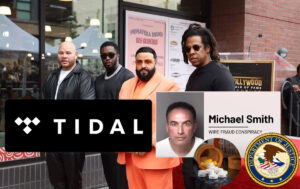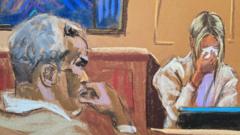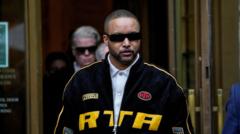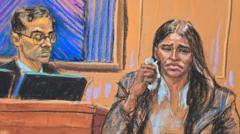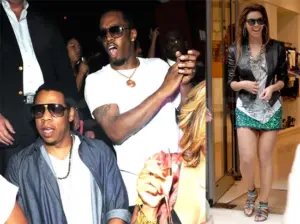The latest filing by Team Diddy in federal court claims Sean ‘Diddy’ Combs had a "diminished mental capacity" while using drugs, leading to controversy over the validity of this insanity defense. Legal analysts are questioning both the defense and its implications on the case's victims.
Team Diddy’s New “Insanity Defense” Sparks Outrage and Skepticism

Team Diddy’s New “Insanity Defense” Sparks Outrage and Skepticism
Legal experts and critics voice concern as Sean ‘Diddy’ Combs claims “diminished mental capacity” during drug use in his defense against serious allegations.
Critics are sounding off as Team Diddy introduces another controversial strategy in Sean ‘Diddy’ Combs' ongoing legal battle. A new filing in federal court claims that the music mogul had “diminished mental capacity” due to drug use at the time of the alleged crimes. This 23-page document, referenced as Filing #276, was submitted by the U.S. Attorney’s Office, escalating the ongoing legal scrutiny surrounding Combs.
The defense strategy, now being described in some circles as an “insanity defense,” raises eyebrows, with many pundits questioning whether it is Combs or his legal team that may be acting irrationally. Some argue that such an approach overlooks the “diminished mental capacity” of Combs’ alleged victims, who were reportedly drugged by him and his associates.
Diddy’s reputation has been called into question, especially in comparison to his associate Shawn Corey Carter—better known as Jay-Z—who is often seen as the more astute of the two. Current public perspectives highlight a perceived injustice, given that while Diddy faces serious criminal charges and is currently incarcerated, Jay-Z remains free. Alex Spiro, attorney for Combs, has made attempts to distance Jay-Z from Diddy, yet public sentiment often ties these two moguls together in a narrative of shared responsibility.
The argument within the filings references the Insanity Defense Reform Act of 1984 (IDRA), directly challenging the admissibility of expert testimony from Dr. Elie Aoun, who was called to support the idea of Diddy's diminished mental state. The filing critiques Dr. Aoun, suggesting his assertions lack credible methodology, culminating in the assertion that his opinions are “unreliable and irrelevant.”
With a track record of unconventional defenses, Team Diddy continues to face scrutiny for their approaches. Just last week, they proposed a “Swingers’ defense,” which critics have labeled “almost as ludicrous.” Legal insiders suggest that the legal team appears to be grasping for strategies, with each new effort failing to gain traction in the court of public opinion or law.
The latest accusations against Diddy have not only intensified the narrative around his character but also invited broader discussions about the treatment of victims and the efficacy of legal defenses that seem to evade the gravity of the charges at hand. As the case unfolds, both the courtroom and public discourse remain heated with reactions to Team Diddy’s evolving legal strategies.




